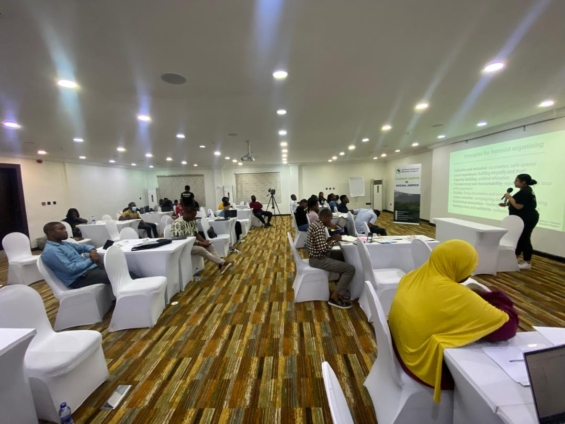Experts are advocating for a just and sustainable transition in the strategies of public financial institutions.
This was a key focus during the Fair Finance School on Tuesday, July 16, in Accra.
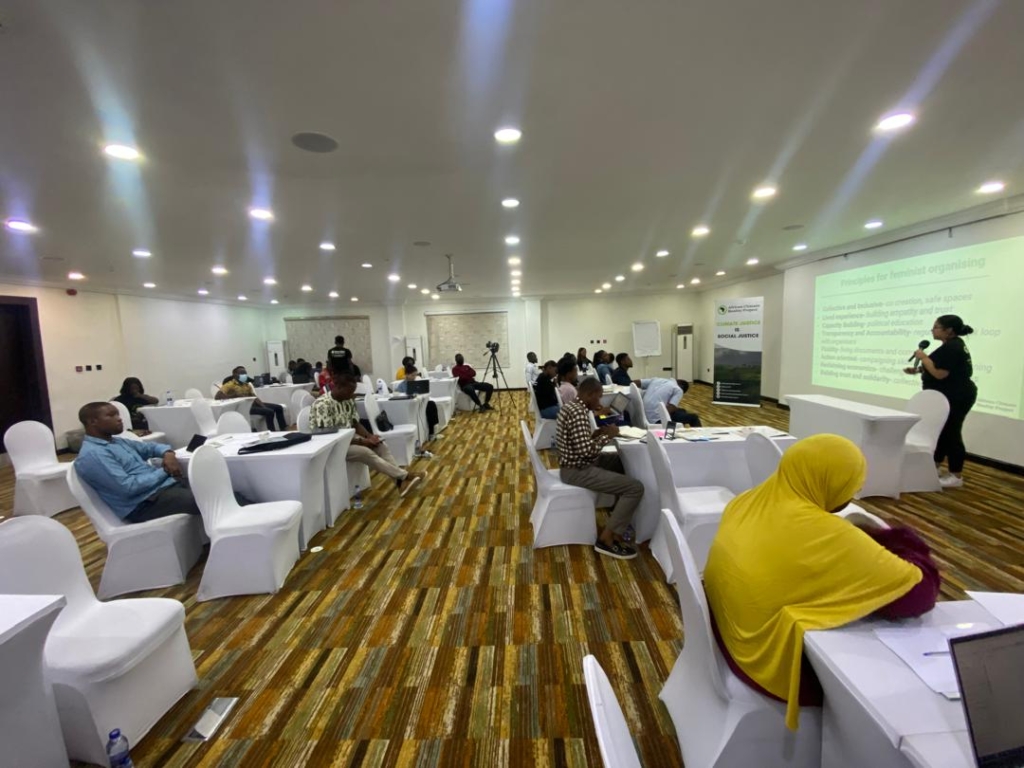
The two-day event, organised by the African Climate Reality Project, brought together activists and stakeholders to learn essential knowledge and skills needed to understand Development Finance Institutions (DFIs), their operations, and their pivotal role in financing developmental projects.
Speaking on the sidelines of the event, Zahra Omar from the Fair Finance Coalition of Southern Africa explained, “Usually, public finance institutions think that promoting economic development means that they need to finance certain kinds of industries.”

“What they don't see is that by financing, for example industries with high greenhouse gas emissions in a time of the global climate crisis, they are actually hindering economic growth in those countries. So what they need to do is advance sustainable development which means looking at the environmental and economic and social considerations of the financing,” she said.
Senior Campaign Manager at the African Climate Reality Project (ACRP), Courtney Morgan, emphasised the need for guidelines to shepherd public finance institutions' activities.
According to her, the ACRP advocates for transparency, equity, inclusion, accountability, and governance.
Madam Morgan also believes that development projects undertaken by public financial institutions should not commit human rights violations and should promote gender responsiveness.
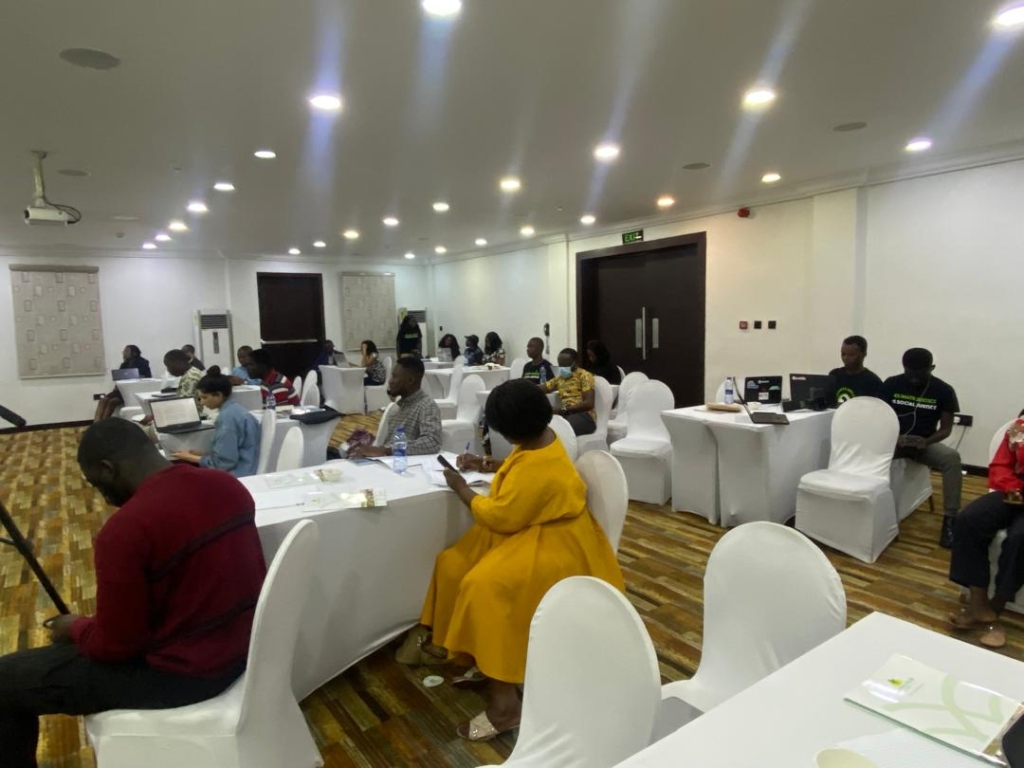
For her, the creation of African-led solutions to the continent’s financing problems will promote a sustainable development agenda.
Executive Coordinator for the Strategic Youth Network for Development (SYND Ghana), Chibeze Ezekiel, lamented the fact that many multinational development banks have yet to fully embrace responsible financing in a just way.
As a measure, Mr Ezekiel urged activists to probe and understand the systems that are at play when it comes to these corporations to properly address the problem from within. This is one of the ways that the SYND head believes will help financiers better understand the real impact of irresponsible financing in their own terms.
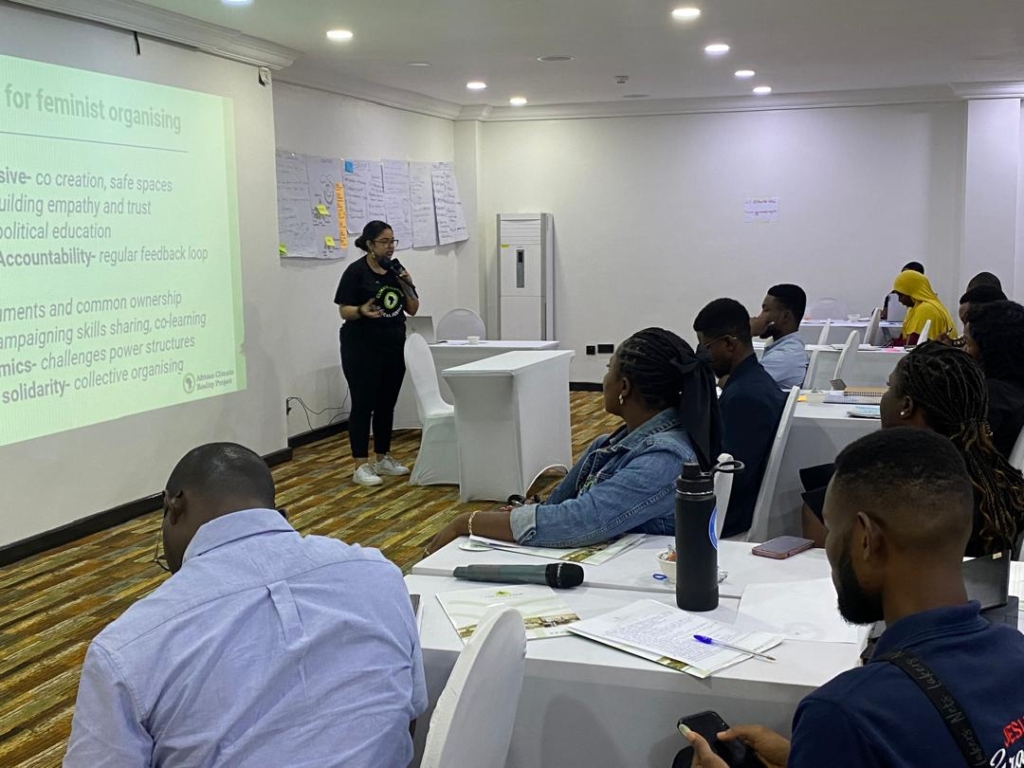
He also called for collaboration, urging involvement in processes from the onset to have environmental issues reflected in policies.
Additionally, Ezekiel Chibeze advocated for feedback to banks to help them develop solutions that will improve the situation.
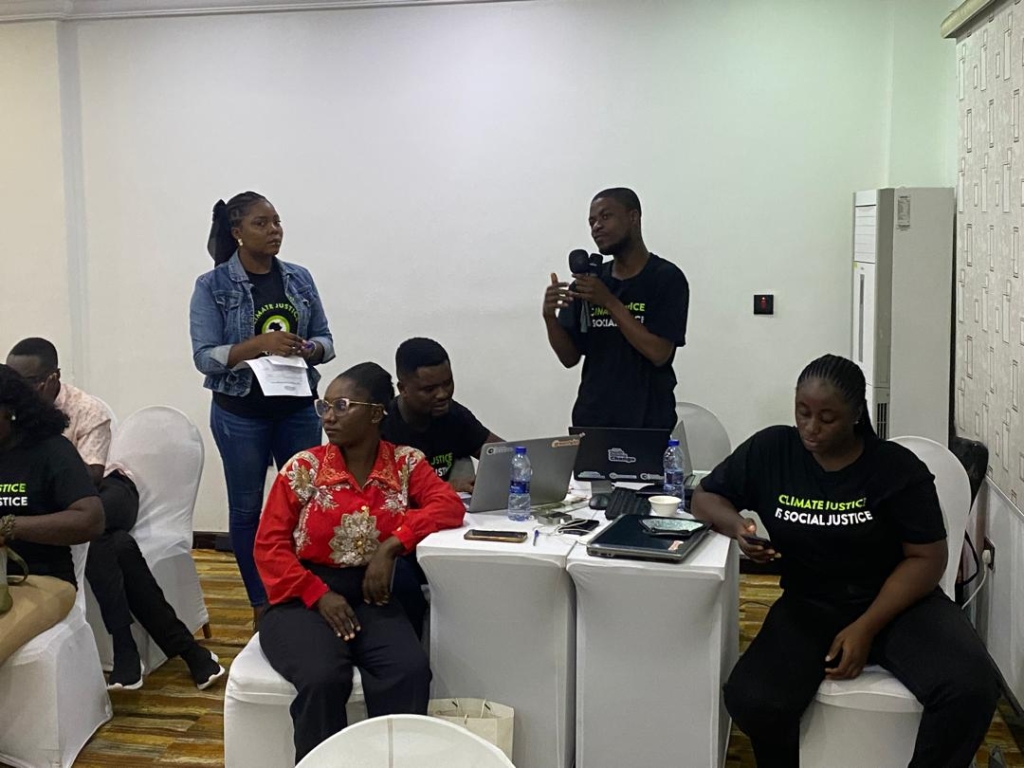
Latest Stories
-
Netflix debuts Grain Media’s explosive film
2 mins -
‘Expired’ rice scandal: FDA is complicit; top officials must be fired – Ablakwa
36 mins -
#TheManifestoDebate: We’ll provide potable water, expand water distribution network – NDC
54 mins -
IPR Ghana@50: Pupils educated to keep the environment clean
1 hour -
PenTrust CEO named ‘Best Pensions CEO’, company wins ‘Scheme Administrator Award’ at Ghana Accountancy & Finance Awards 2024
1 hour -
Alan Kyerematen’s ‘Brighter Future for Health Professionals’ in Ghana Revealed in Bono
2 hours -
#TheManifestoDebate: NPP will ensure a safer, cleaner and greener environment – Dr Kokofu
2 hours -
2024 Election: Police to deal with individuals who will cause trouble – IGP
2 hours -
Seychelles President’s visit rekindles historical and diplomatic ties with Ghana
2 hours -
Election 2024: EC destroys defective ballot papers for Ahafo and Volta regions
2 hours -
2024 Election: I am sad EC disqualified me, but I endorse CPP’s candidate – PNP’s Nabla
2 hours -
I want to build a modern, inclusive country anchored by systems and data – Bawumia to CSOs
2 hours -
Miss Health Ghana 2024: Kujori Esther Cachana crowned new Health Ambassador
3 hours -
Playback: The manifesto debate on WASH and climate change
3 hours -
Alan Kyerematen saddened by NDC and NPP’s neglect of Krofrom Market in the Ashanti Region
3 hours

